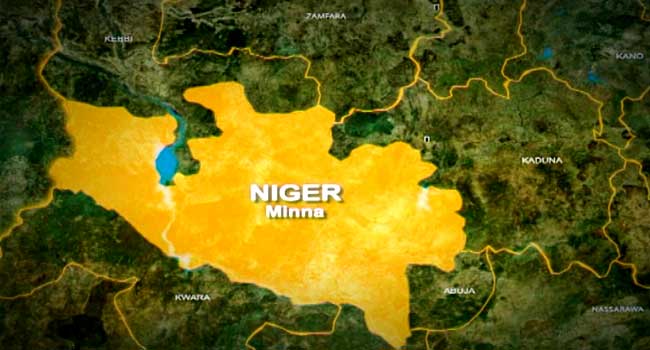The Central Bank of Nigeria (CBN) has called for the repatriation of foreign exchange (FX) earnings through official channels to ease the pressure on the naira.
Egboagwu Ezulu, CBN deputy director, banking services, said this at the maiden stakeholders’ conference of the Association of Corporate Affairs Managers of Banks (ACAMB) on Wednesday in Lagos.
Ezulu lamented about the dumping of forex offshore by importers.
“We are taking FX out of this country and dumping offshore; when we were told to bring them back. If Nigerians are bringing back FX, we would not be talking about the challenges of FX. There is a challenge for individuals and businesses to do the right thing,” Ezulu said.
“That is why the CBN introduced the RT200 to encourage you to bring back the dollar you are saying is scarce, but in the books of the banks, we see billions of dollars that have been exported out of the country, and the OPS is not bringing it back, so how do we finance FX demand?”
Ezulu told the Organised Private Sector (OPS) to take advantage of the various intervention schemes of the CBN through the Bank of Industry (BOI), Development Bank of Nigeria (DBN), and commercial banks to boost their output.
He advised them to approach the two organisations for single-digit loans.
“When you talk about financing small businesses, the CBN has done a lot of funding to the sector alluding to trillions of naira and has established two entities for this purpose,” the CBN deputy director said.
“Has the manufacturing sector approached the entities for the funds available rather than emphasising the commercial banks?
“The manufacturing sector should put pressure on the Bank of Industry and Development Bank of Nigeria to source funds, and when we see a lot of pressure from those two entities, the CBN instead of going through commercial banks would push those funds to those two entities rather than going to the commercial banks who would give double-digit loans.
“I want to appeal that industrialists, as well as small businesses, should approach those two entities to get funding.”
On his part, Rasheed Bolarinwa, ACAMD president, said the banking sector and the OPS were the main drivers of the nation’s economy.
He, however, explained that mutual misunderstanding exists between the two sectors, and all efforts to streamline the perceived gap have not been successful.
“One galvanises the credit from the surplus side and redistributes to the deficit size. The other operates principally from the productive side, creating wealth and values. Thus, the two sectors are like two sides of a coin,” he said.
“They are co-joined and must function together in an economic sense. So, there is nexus; a link between the two at all time if any economy is to develop and grow.”
On Wednesday, the local currency exchanged for N429/$ at the official side of the market. At the black market, it closed at N660/$ as many believe the market is the true reflection of the currency.







